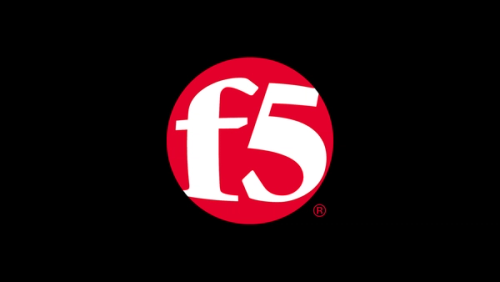It depends on how you configure ZFS.
I once had a ZFS setup with no redundancy at all and when the disk got damaged I lost all data on it.
ZFS is powerful if you don't mind on disk space usage to set it up with redundancy.
I'm now using UFS and keep my important documents safe with frequent backups and the code goes to git repos.
Just like any desktop OS, right?
If you have something like a server running in your system you may prefer ZFS with redundancy.
I once had a ZFS setup with no redundancy at all and when the disk got damaged I lost all data on it.
ZFS is powerful if you don't mind on disk space usage to set it up with redundancy.
I'm now using UFS and keep my important documents safe with frequent backups and the code goes to git repos.
Just like any desktop OS, right?
If you have something like a server running in your system you may prefer ZFS with redundancy.

